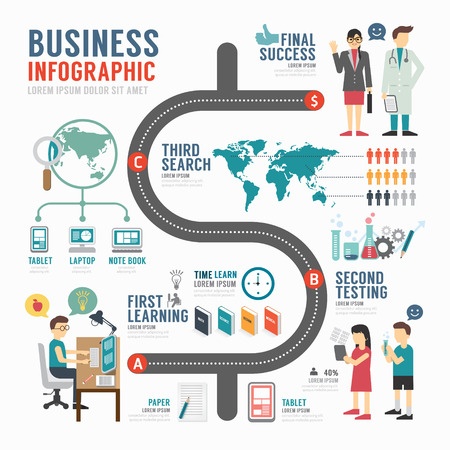Last Updated on Mar 13, 2020 by James W
Startups are all the rage these days. Those who are seeking for an alternative way to generate money and do business have made great strides in the world of commerce by starting small through startup endeavors. Startups are more temporary compared to big companies that have been existing for decades, some even centuries.
Most startups these days are designed to execute a repeatable a scalable business model, something that has caught the eyes of larger companies who are always ready to tap existing talent for the new technologies that they are developing. Last year alone, a number of startups have been acquired by bigger companies for tons of cash, promising a good life for startup owners who managed to hit it big. However, more and more people are getting weary of the big guys coming in to scoop out smaller companies who are just trying to make a difference, leading many to question whether Big Money has corrupted those startups who are just trying to make a dent in the scientific community.
More Money, More Problems
Startups usually start really small, but the innovation and technologies that are being developed by these talented individuals have the potential to be used in far bigger ways than they have dreamed of. More and more science-based and research-based startups have been acquired this past year alone. The most high profile acquisition happened when Google bought DeepMind, a research company that focused on artificial-intelligence holdings. Reports are saying that DeepMind have been trying to build “a system that thinks,??? a huge leap in innovation that got Google all riled up.
While the funds that Google can bring into the project can be more than the worth of the company, the flow of cash might cause problems in the scientific research. Often, startups can lead to being mismanaged, leaving many to shut down long before they can even make a breakthrough.
Selling Out, Buying In
Another problem that occurs when big companies purchase startups is the possibility of misdirecting the project. Large companies are often concerned with things that can drive their business further and not on huge strides that can help people live a better life. An estimated 75% of startups eventually fail, while the number is worrying, the act of failing and building is part of the startup ecosystem.
Companies like RealNames have failed because of larger companies buying into them. RealNames was purchased by Microsoft, but the business depended heavily on the decisions made by those in the higher ups of the company. Because the startup employees had to wait for the management’s go signal, most projects were abandoned while some caused the closing of the company itself.
Difference Between Big and Small
There is a big difference that exists between big companies and small endeavors like startups. Startups are more focused on reaching smaller goals, something that separates the company from the rest. Startups can offer their customers services that are customized and highly personal. Some research startups have found ways on how to produce brand new technologies while others focus on bringing encapsulant custom synthesis into the mainstream. Even though startups are small, they have the potential to grow big, something that doesn’t concern big companies all that much.





